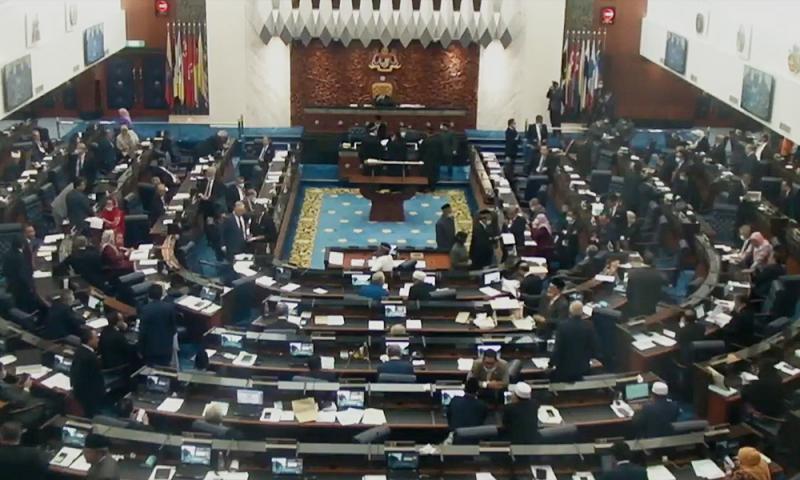LETTER | Does Malaysia still need a Covid-19 bill?
LETTER | After several months of braving through the darkest times brought about by the Covid-19 pandemic, life in Malaysia has, to a certain extent, returned to normal with certain precautions still in place.
Since Malaysia has consistently reported a low single-digit number of new Covid-19 cases daily, businesses have started re-opening, economic activities have resumed and domestic travel has begun again.
However, as of late, there have been concerns about a possible second wave of Covid-19 infections in Malaysia as the number of daily infections begins to rise to double digits.
Despite all of these developments, the proposed Covid-19 bill which was meant to address the impact of the movement control order (MCO) from March 18 to June 9, 2020, is about to be debated in Parliament.
The finance minister has stated that the Covid-19 bill will be similar to what has been implemented in other countries such as Singapore and New Zealand.
It is pertinent to note that other jurisdictions across the world had long ago passed their respective Covid-19 legislation in order to provide a timely response for the impact of Covid-19. For example, our neighbour Singapore had passed their Covid-19 (Temporary Measures) Act 2020 as early as April 7, 2020. Even if the Malaysian Covid-19 bill adopts the best possible measures from other legislations, it may be too late for the bill to only now mitigate the impact of the MCO.
The MCO, which lasted for almost three months, had caused significant economic impact to the country and to people’s livelihood. Businesses were burdened with having to bear their overhead costs while having zero income. The financial assistance introduced in various stimulus packages were undoubtedly helpful to some businesses, but struggling businesses that could no longer bear their operating costs were left with no choice but to close down and cease operations.
The impact could be seen from the unemployment rate which had spiked to 5.3% as of May 2020, which is the highest in 30 years. Even if the Covid-19 bill is passed, the government can no longer breathe life into businesses that have had to shut down because they could not afford to pay rentals and salaries.
After the MCO, businesses that have managed to weather the storm may find fewer competitors on the market. These businesses, although impacted by Covid-19, are now ready to resume their operations and recover from the impact of the MCO. Businesses that took heed of the previous unprecedented MCOs and had improved their risk-preparedness and strategies to face a possible second wave.
To have the government intervening now when businesses are ready to resume their normal operations might be a hindrance instead of assistance. For example, it may be too late for the Covid-19 bill to declare the MCO as a force majeure event as previously demanded by businesses, when by now most affected businesses would have addressed any contractual breaches during the MCO and reached amicable settlements with the other parties.
Further, the public, in general, is ready to move on and take charge of their lives once again. The MCO had led to a rise in the number of people participating in the gig economy. Businesses have taken the initiative to shift towards online platforms, which has led to a boom in the e-commerce development in Malaysia.
Therefore, any initiative in the Covid-19 Bill, if meant to address the impact of the MCO almost four months after it first started, would be redundant and may even backfire. The market has managed to recover to a certain extent even with limited intervention from the government.
If Parliament wishes to pass a Covid-19 Bill at this juncture, it should not be about rectifying the impact of the previous MCOs. Instead, it is advisable for the government to focus on measures to further support the growth of the Malaysian economy post-MCO, as well as improving our level of risk-preparedness for a possible second wave.
The views expressed here are those of the author/contributor and do not necessarily represent the views of Malaysiakini.
RM12.50 / month
- Unlimited access to award-winning journalism
- Comment and share your opinions on all our articles
- Gift interesting stories to your friends
- Tax deductable
